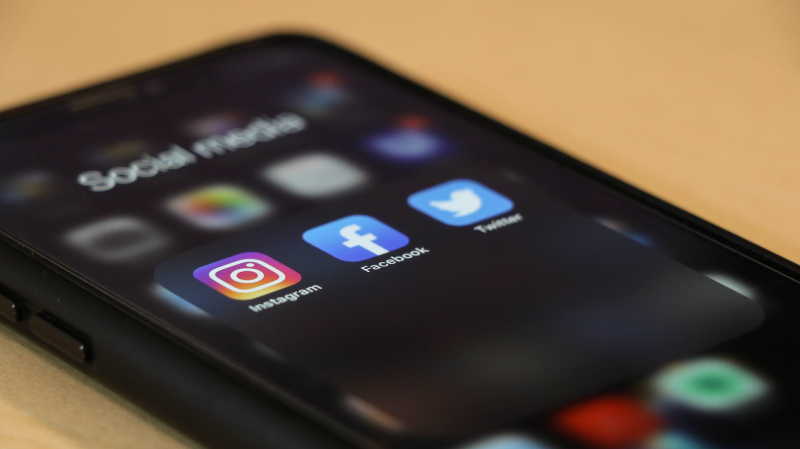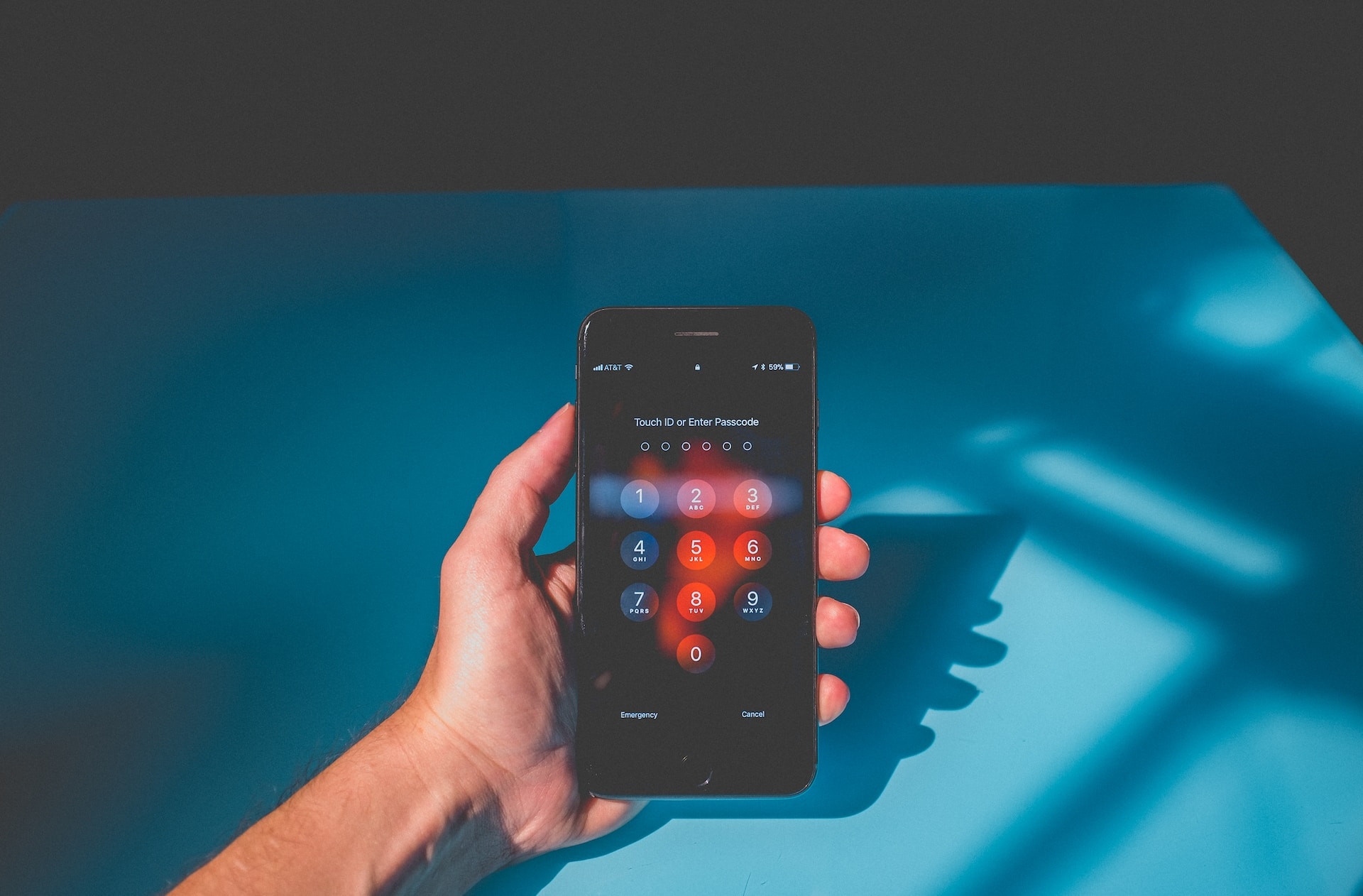Guarding Your Digital Footprint: Safeguarding Personal Information on Social Media Apps
2025-08-15

As the digital age evolves, the reliance on social media apps for communication, networking, and entertainment grows exponentially. Facebook, Instagram, Twitter, Snapchat, and LinkedIn, to mention a few, have become integral parts of our lives.
However, this convenience comes with a substantial risk - the exposure of personal information. Every time we download an app, create an account, or interact online, we leave a digital footprint that can be exploited by hackers, data brokers, and intrusive advertisers. Therefore, it's crucial to understand the potential dangers and take proactive steps to protect personal information while using these platforms.
Information such as your full name, date of birth, email, phone number, physical address, and more are often required by these apps. This data, when fallen into the wrong hands, can lead to identity theft, financial, loss, or even reputation damage. Additionally, some apps track your location, online behavior, and preferences to serve you targeted ads, a practice many users find intrusive. Therefore, it is crucial to take control of your digital footprint.
Personalizing Privacy Settings

One of the most effective ways to protect your personal information on social media apps is by making use of the privacy settings provided by these platforms.
Most social media apps offer extensive privacy settings that allow you to control who can view your profile, see your posts, and even contact you. For instance, on Facebook, you can adjust your settings to ensure that only your friends can see your posts, and on Instagram, you can make your account private.
Furthermore, it's advisable to regularly review and update these settings as social media platforms often introduce new features or change their privacy policies. Be sure to limit the visibility of your personal information, and be selective about who you allow to connect with you. Remember, it's not about having the most friends or followers; it's about protecting your personal information.
Being Mindful of What You Share
The essence of social media lies in sharing, but it's important to be discerning about the information you make public. Sharing personal details such as your home address, current location, financial information, or work details could make you an easy target for cybercriminals.
Therefore, think twice before you post. Ask yourself if the information you're about to share could be used against you in any way. If the answer is yes, then it's best not to share it.
Also, be wary of quizzes and games that require you to provide personal information. These seemingly harmless activities could be a guise for collecting data. Always read the terms and conditions before participating in such activities.
Using Strong and Unique Passwords

Another key aspect of protecting your personal information on social media is the use of strong, unique passwords. Avoid using easily guessable passwords, such as your name, date of birth, or '123456'.
A strong password is usually a combination of letters, numbers, and special characters. Also, it's advisable to use a unique password for each social media account to prevent a situation where one compromised password leads to multiple accounts being hacked.
Consider using a reputable password manager to help you create and store complex passwords. These tools not only generate strong passwords but also store them securely so that you don't have to remember them all.
Implementing Two-Factor Authentication
Two-factor authentication (2FA) is a security measure that requires you to provide two forms of identification before you can access your account. This typically includes something you know (your password) and something you have (a unique code sent to your phone).
By enabling 2FA on your social media accounts, you add an extra layer of security that makes it harder for hackers to gain access to your account, even if they somehow manage to get your password.
In conclusion, while it's impossible to completely eliminate the risks associated with using social media apps, by implementing these strategies, you can significantly reduce your exposure and protect your personal information. Remember, your digital security is in your hands.




